Veteran’s children rally to care for him after a stroke
By Deborah Lynn Blumberg, American Heart Association News

Carlos Lopez served nearly two decades in the U.S. Navy before he received life-changing news. He was 44 when doctors diagnosed him with Stage 3 – then Stage 4 – kidney cancer, likely caused by toxic exposure from his military service.
Doctors said he had an 8% chance of celebrating his 50th birthday.
Carlos, a Cuban immigrant, lived in Maryland. A divorced father of two, his children lived in Florida with their mom. At the time of his diagnosis, his daughter, Jessica, was 13 and his son, Shawn, was 12.
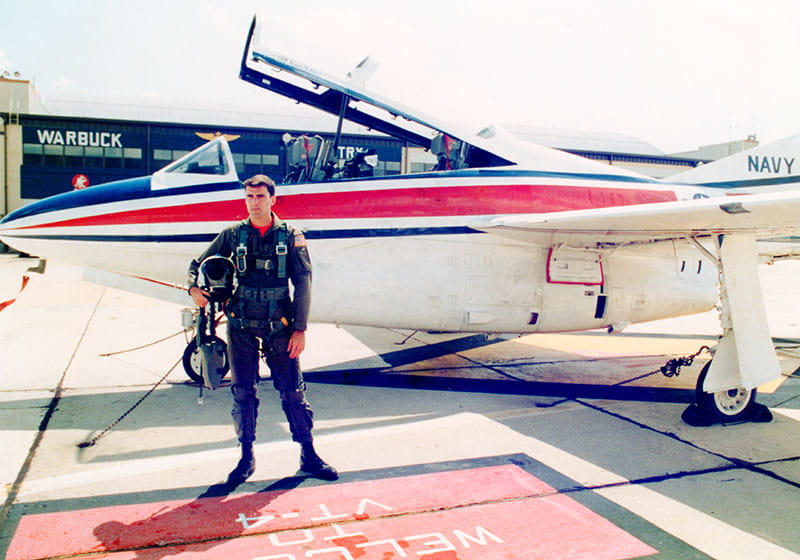
As the kids went through their teens, visits to see their dad often revolved around his medical care. Months after his diagnosis, Carlos had his left kidney removed while they were in town.
“Your dad might not make it,” a doctor told Shawn and Jessica that day.
Shawn was petrified of losing his dad. It was a fear coming true, as Carlos was 12 when his father died of leukemia.
But Carlos survived.
From 2003 to 2017, stretches of stability were interrupted by setbacks.
Between operations, though, Carlos didn’t just live. He lived. During holidays and summer vacations with Shawn and Jessica, they’d hike, ski and kayak. Carlos proudly attended their high school and college graduations. He walked Jessica down the aisle at her wedding. He and Jessica ran the San Francisco marathon. He also was able to work and exercise.
Then, in 2017, a major setback: His remaining kidney was removed. Carlos went on full-time dialysis, which for people with end-stage kidney disease can significantly increase the risk of stroke.
A year later, Carlos collapsed in his garage. His girlfriend found him on the floor and called 911. He’d had a massive stroke on the left side of his brain.
She called Shawn and Jessica. Shawn was in Denver studying for his master’s degree in petroleum geology. Jessica lived in Florida with her husband. She’d just arrived home from a fun visit with Carlos in Maryland; now, she went right back to the airport.
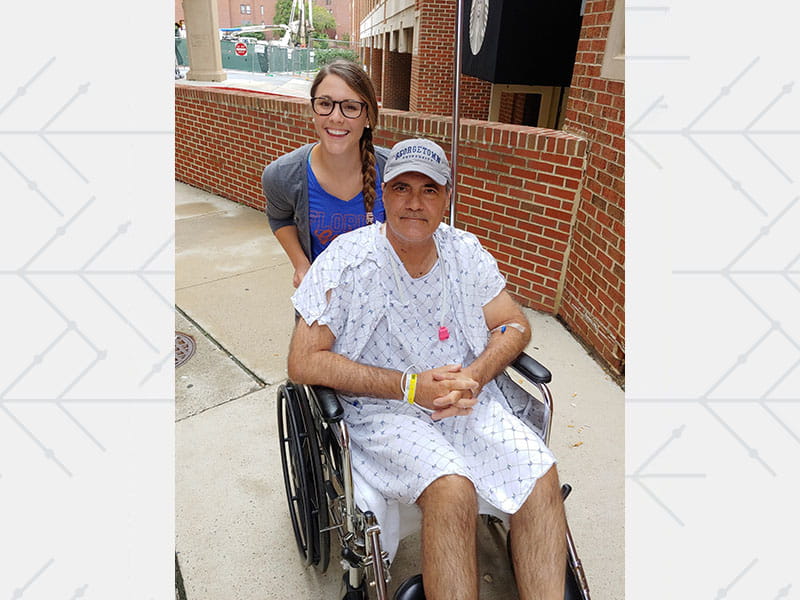
The stroke left Carlos partially blind and cognitively impaired, his speech incoherent. Jessica, an occupational therapist, knew he needed intensive therapy. After a month of hospital rehabilitation, Carlos and his children made a major life decision: He would move to Florida, where Jessica would be his caregiver.
Jessica went part time at work and put Carlos through her own occupational therapy boot camp. She helped her dad dress, bathe and eat. Once, he picked up a razor to brush his teeth, and she gently corrected him.
Carlos set the table and did the dishes. Over the next six months, his coordination and movement slowly improved. So did his speech. But he missed his girlfriend. He missed his cat, Juma. So Jessica and Shawn helped him move back home to Maryland.
Shawn installed cameras in the home so they could check on Carlos remotely. They added smart speakers so Shawn and Jessica could communicate more easily with Carlos and his girlfriend, who took charge of his daily dialysis treatments. Confident in the plan, Shawn and Jessica returned to their homes.
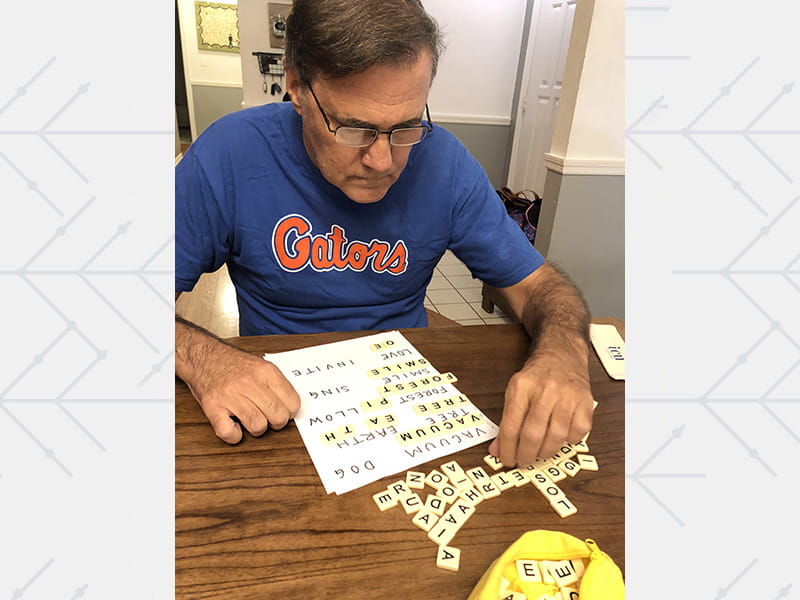
A couple of months later, Shawn was driving home after a 12-hour shift working at an oil drilling rig in Colorado. He knew Carlos was having issues with insomnia, so he called his dad in the middle of the night to ask about his day.
Carlos was slurring his words. Oh no, another stroke, Shawn thought.
Carlos called out. Then there was silence.
Shawn pulled up the camera feeds. Carlos was on the bedroom floor having a seizure. Shawn patched into the smart speaker and woke up Carlos’ girlfriend. She called 911.
In the intensive care unit, Carlos developed delirium, or confusion, hallucinations and delusions, from the medications he’d been given.
Two weeks into what became a three-month ordeal, Shawn knew his dad needed more support than he currently had. At age 28, Shawn left his job and home in Denver to move in with Carlos and his girlfriend. He became Carlos’ full-time caregiver.
“For me, family was the priority,” Shawn said. “It was an easy decision.”
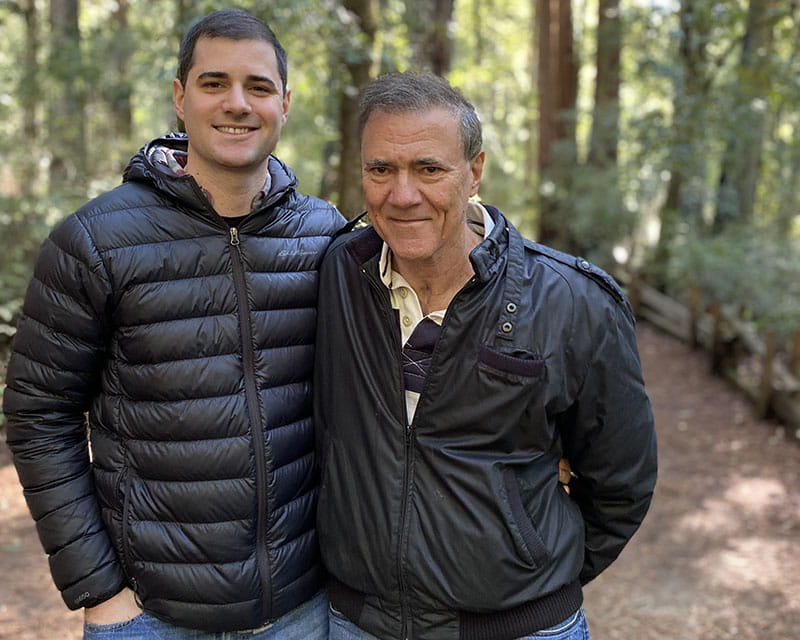
For six years, Shawn was among the roughly 14.3 million caregivers nationwide devoted to caring for veterans, according to a recent RAND report commissioned by the Elizabeth Dole Foundation. Carlos needed full-time supervision due to the lasting effects of his stroke. Shawn managed every aspect of Carlos’ health, from driving him to doctors’ appointments and dialysis to giving medications. It was tough, as Carlos’ health continued to decline.
Jessica, her husband and their baby visited every few months. “Shawn has found a lot of joy in giving back to my father,” she said. “It shifted his perspective to what matters most in life.”
Still, there were rough patches. It’s a struggle as a caregiver to find time for yourself and prioritize your own health, Shawn said, especially when caring for someone who needs 24-hour supervision. Shawn found solace through exercising and talking to other military caregivers.
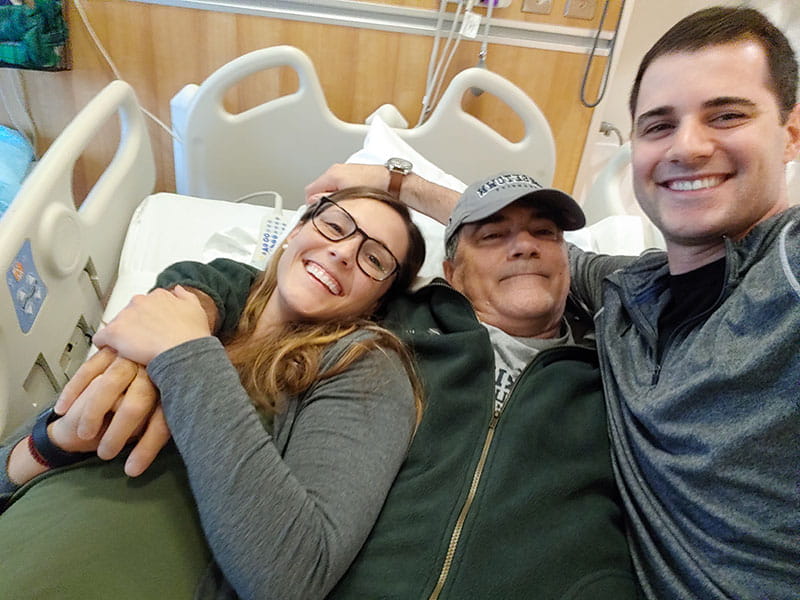
Shawn was selected as an Elizabeth Dole Foundation’s Dole Caregiver Fellow, which provides a platform to advocate for the millions of other military caregivers across the nation. He’s spoken to Congress about military caregiver needs. A pressing need is better education around available resources to assist with caregiver finances, Shawn said.
“It took me a couple of years to understand that organizations exist to help people like myself,” he said. “Don’t be afraid to ask for help.”
Shawn also co-founded Veteran Families for Education and Awareness, a nonprofit that advocates for military families who’ve experienced toxic exposures.
“Seeing Shawn help equip and empower veterans and caregivers, I think it’s almost given him a new purpose in life,” Jessica said. “I admire my brother. He’s a compassionate soul.”
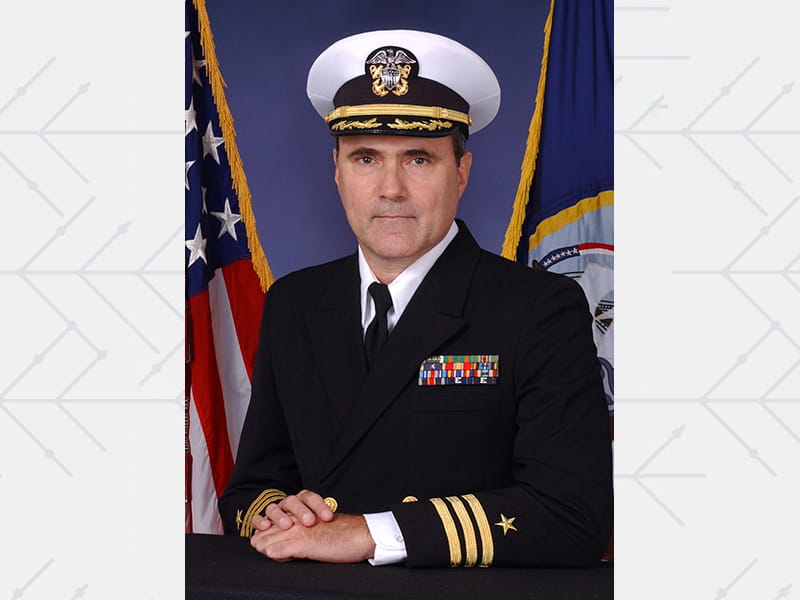
Carlos died in April. He was 66.
“We are crushed by the loss, but we are so thankful his pain and suffering is over,” Shawn said. “He is in a much better place now.”
Stories From the Heart chronicles the inspiring journeys of heart disease and stroke survivors, caregivers and advocates.





